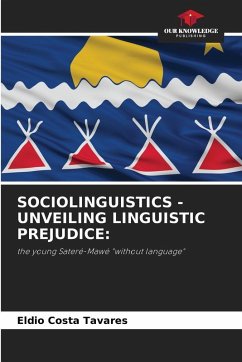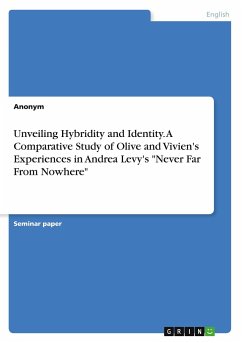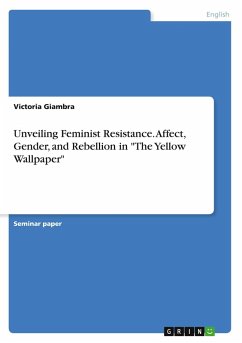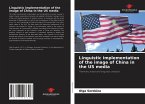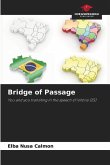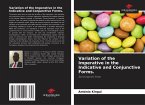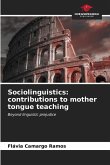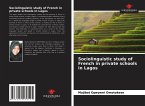This dissertation is based on the lack of indigenous school education due to the linguistic and communication difficulties faced by young students from the Sateré-Mawé ethnic group who live in an urban context. Baniwa (2019) argues that when we compare indigenous school education with an analysis of education in Brazil, we can clearly see how this population fits into the profile of exclusion and the educational challenges. The results of this research were consecutive in terms of what was proposed in the general and specific objectives: the socio-economic conditions of young indigenous people are low-income, the reception in the teaching of the Portuguese language is difficult and far from the linguistic reality of these students. The pedagogical practices of both the school and the teachers in relation to the linguistic culture of the Sateré-Mawé students are unaware of the laws of the LDB/BNCC, without any link of valuation or learning concerning the concepts of sociolinguistics in inclusion of the Sateré-Mawé language.
Bitte wählen Sie Ihr Anliegen aus.
Rechnungen
Retourenschein anfordern
Bestellstatus
Storno

